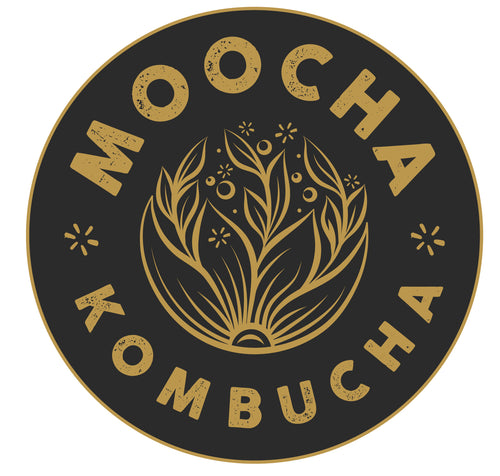Colds are caused by a virus that affects your nose and throat. Even today, there is still no cure for the common cold, but can you take anything or drink anything that will stop you getting it or shorten how long it lasts?
Have you heard the phrase "feed-a-cold, starve a fever"? Well there's actually some truth in that because in 2002 researchers at the Academic Medical Centre in Amsterdam reported that "eating helps the immune system’s ability to fight viruses, which cause colds. They found that levels of interferon gamma, a protein involved in the body’s infection-fighting system, quadrupled after a meal."
Most medics would also agree that keeping hydrated is also important to help fight the cold too.
You lose a lot of fluid with coughing and a dripping nose and you need to replace those fluids.
Soups and broths with vegetables full of vitamin C can help, as can herbal teas with chamomile, ginger and turmeric.
Kombucha is also packed with antioxidants and probiotics, but can it help prevent a cold in the first place?

Can Drinking Kombucha Prevent a Cold?
While kombucha’s probiotics and antioxidants can support your immune system, it is not a guaranteed way to prevent colds.
Here’s why:
Kombucha can enhance gut health and support immune function, but it doesn’t provide direct immunity against specific viruses like those that cause colds.
Instead, Kombucha should be part of a broader approach to health that includes other lifestyle factors known to support immunity like:
- Quality sleep
- Stress management
- A diverse diet
- Drinking enough water a day
- Including enough fibre in your diet
- Eating prebiotic foods like garlic, onions, bananas and whole grains
- Exercising
"If you enjoy it, kombucha can certainly be part of your overall gut-health-supporting strategy," says Claire. "And as our gut is home to almost 80% of our immune system we will certainly be contributing to our immunity which may help prevent colds and other viruses."
Claire advises that its also beneficial to "include a focus on quality sleep, stress management, diet diversity, hydration, adequate fibre, prebiotics and physical activity when it comes to supporting immune health."

